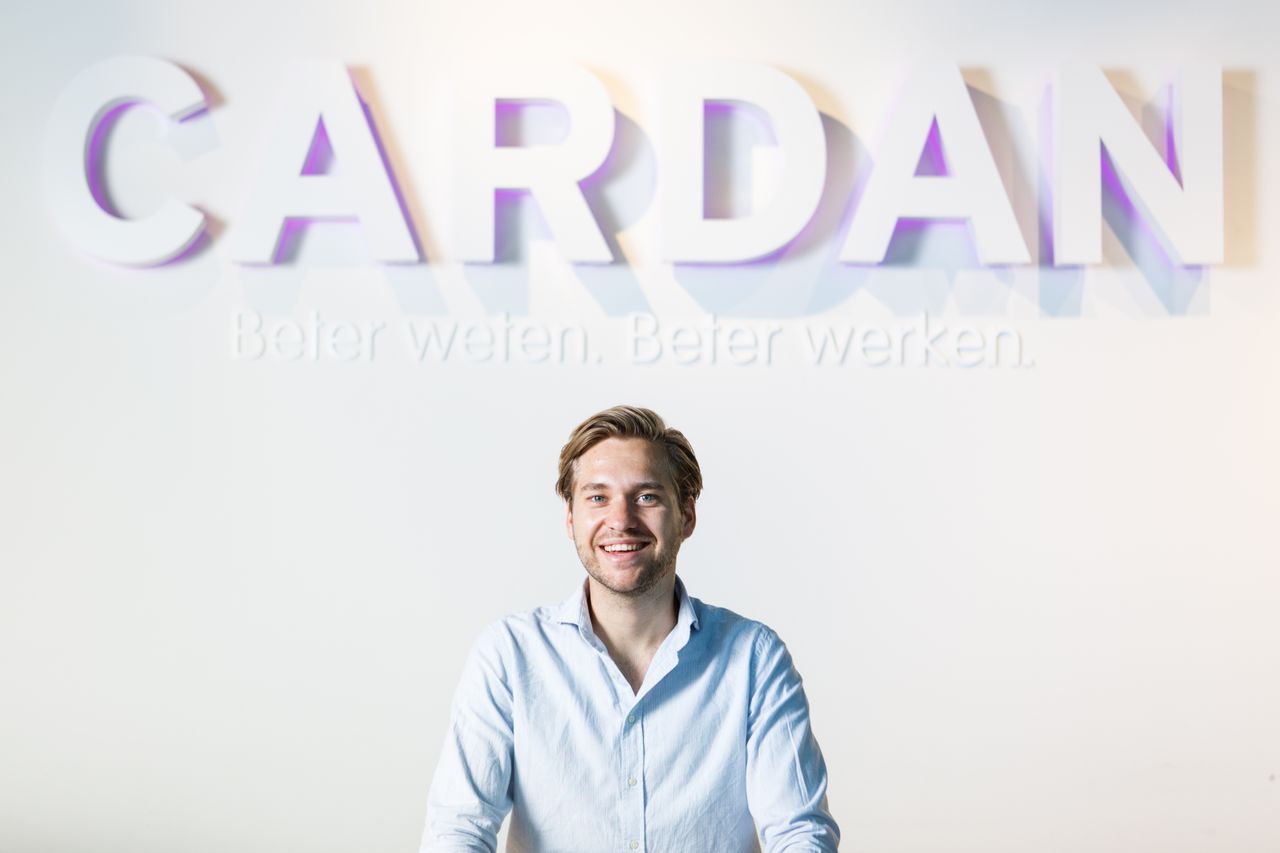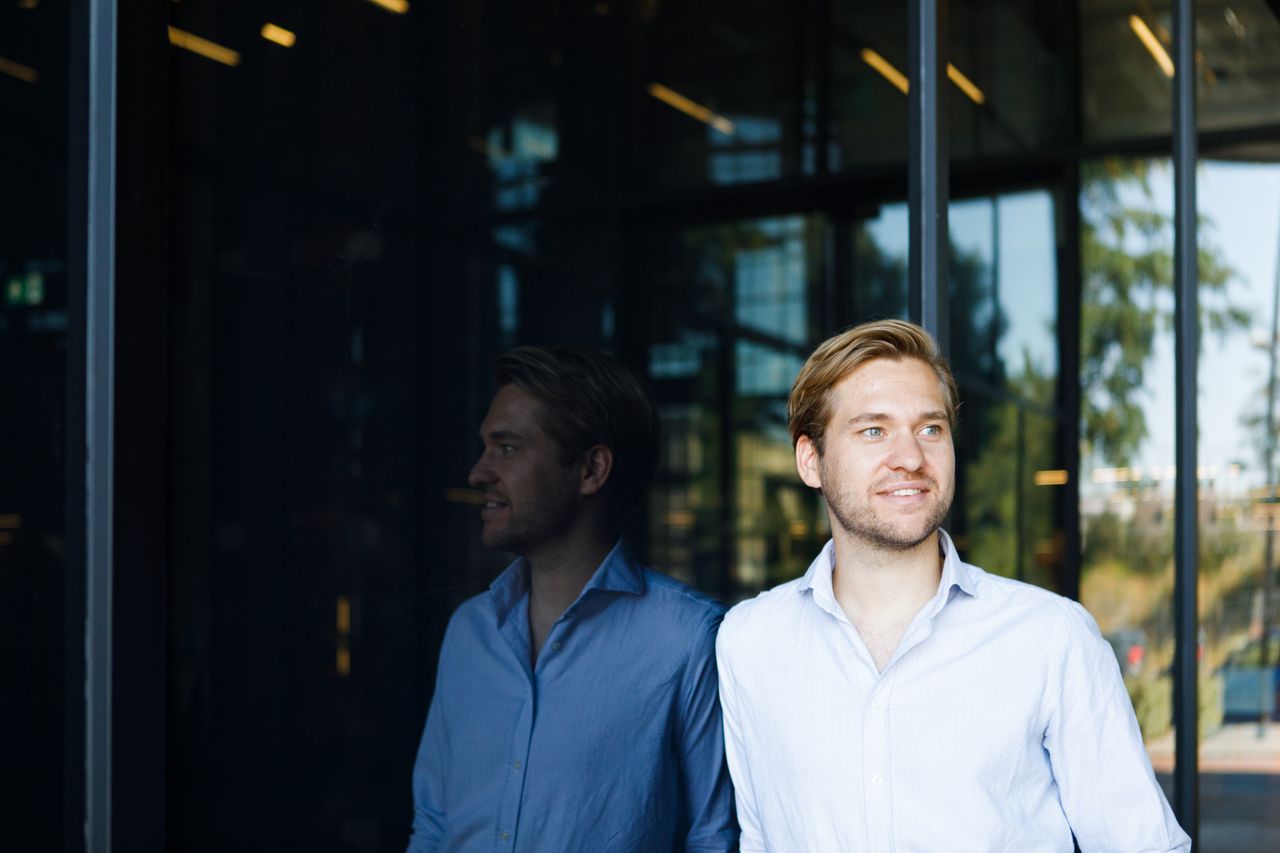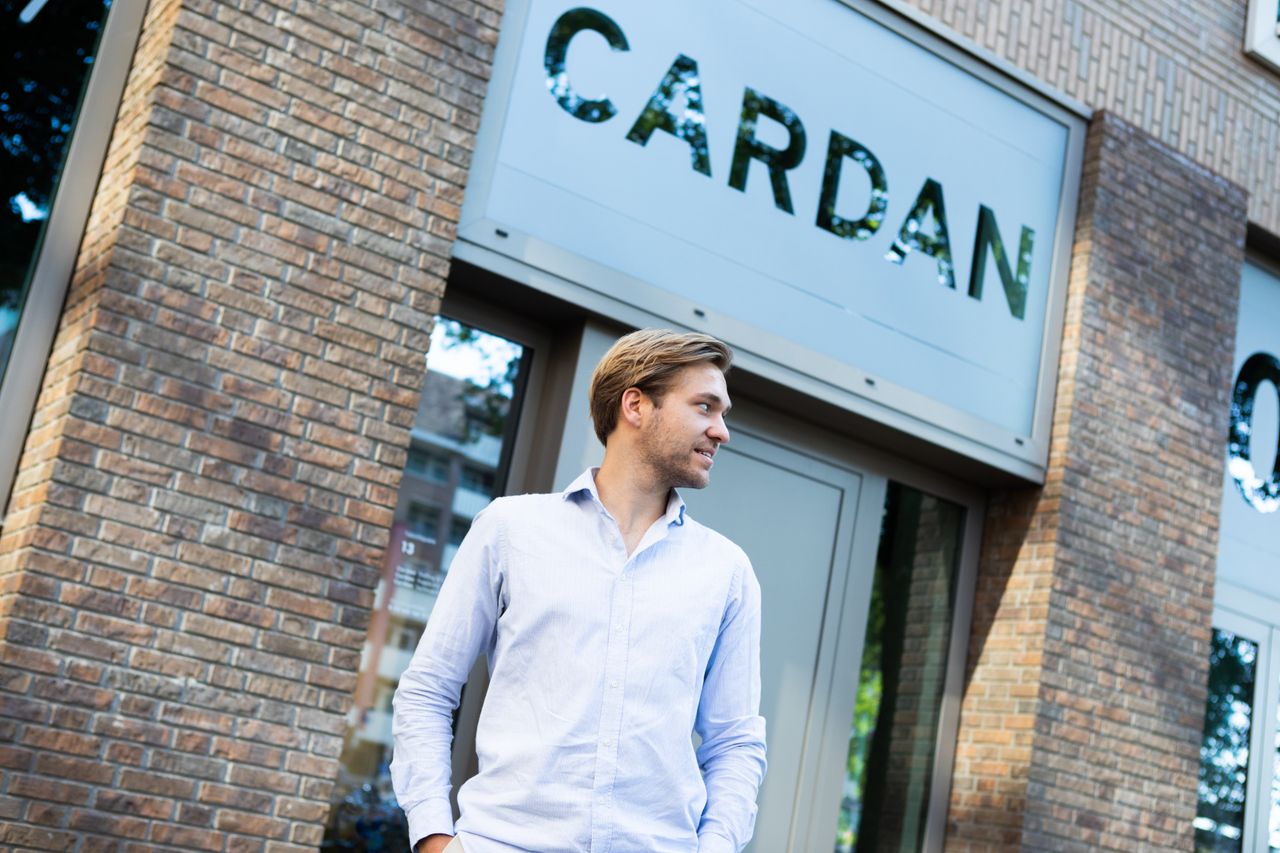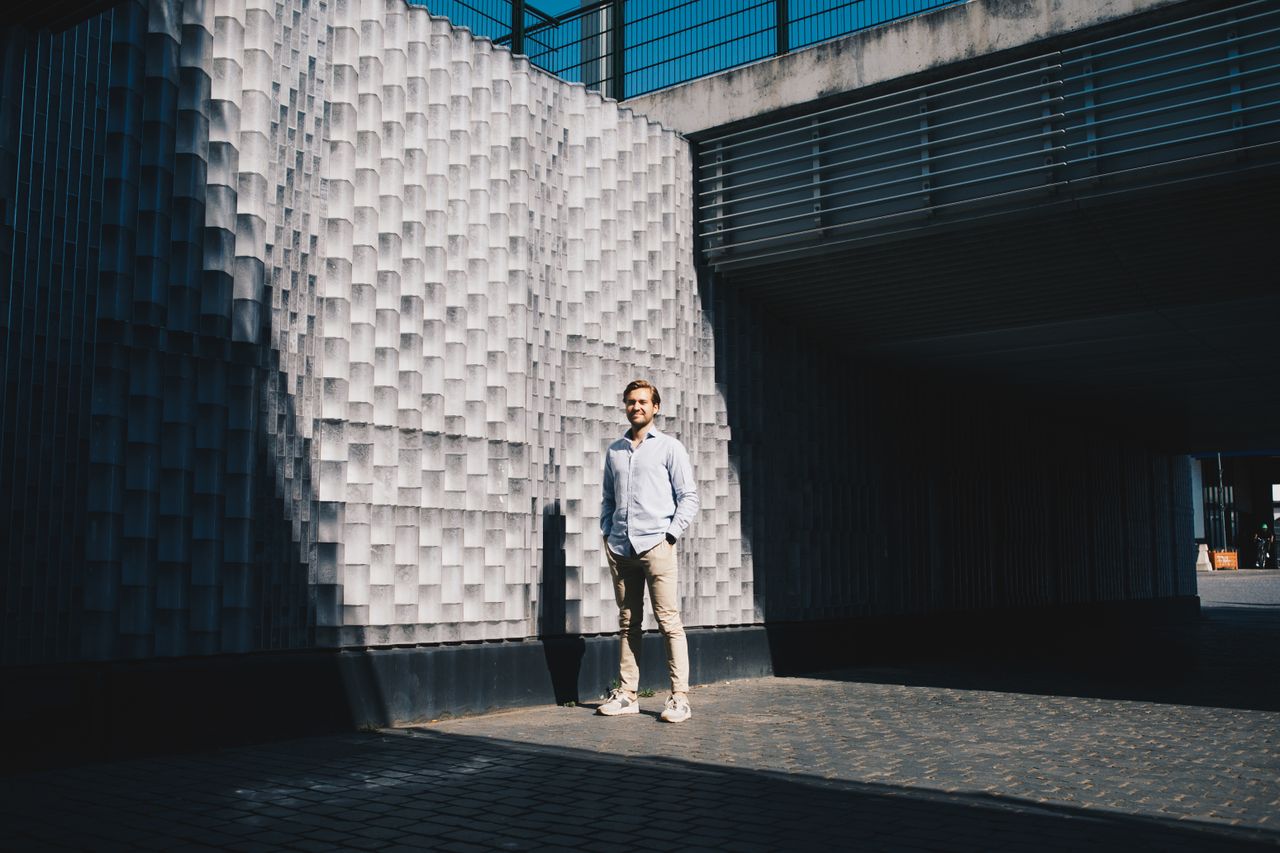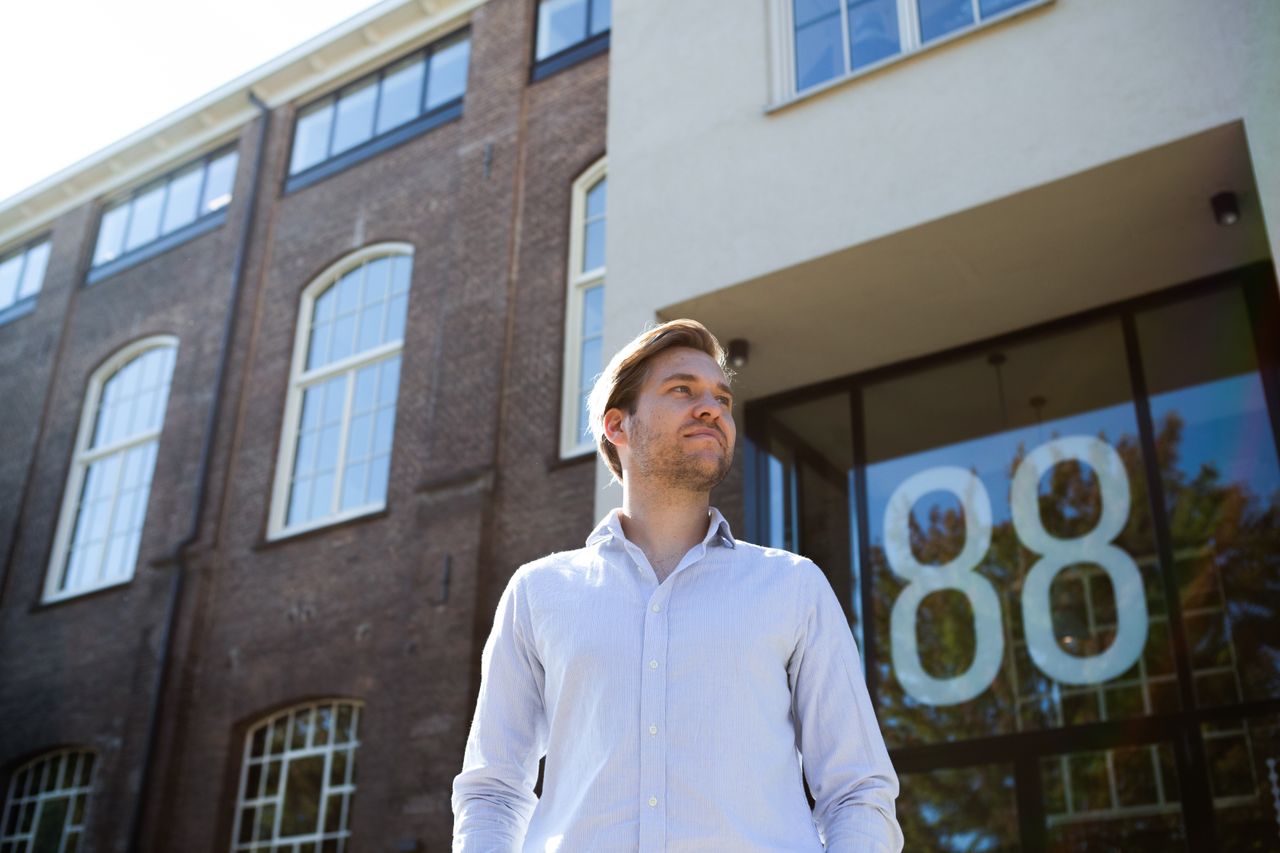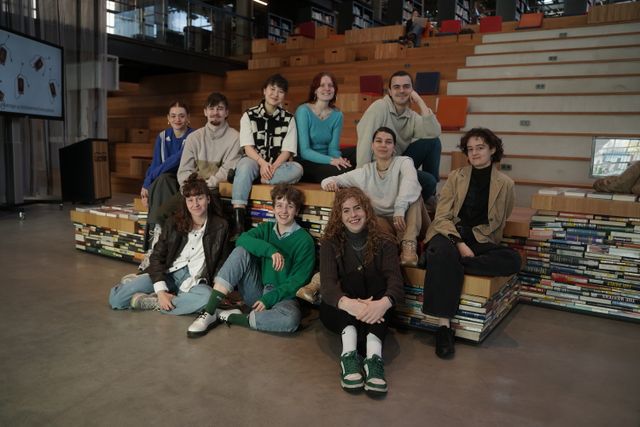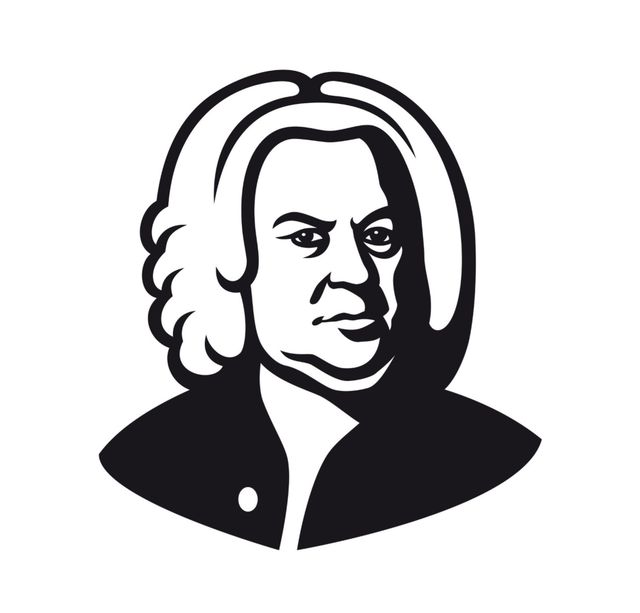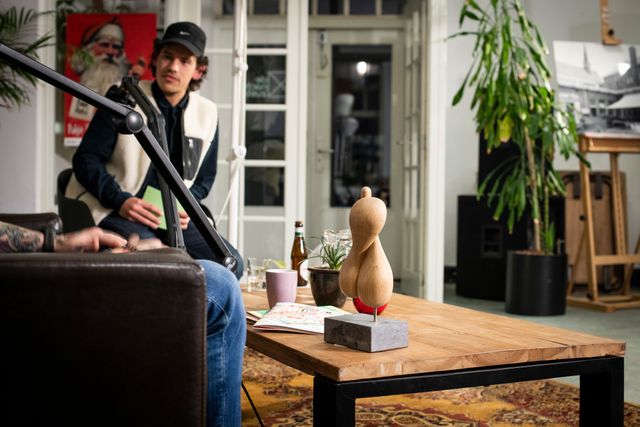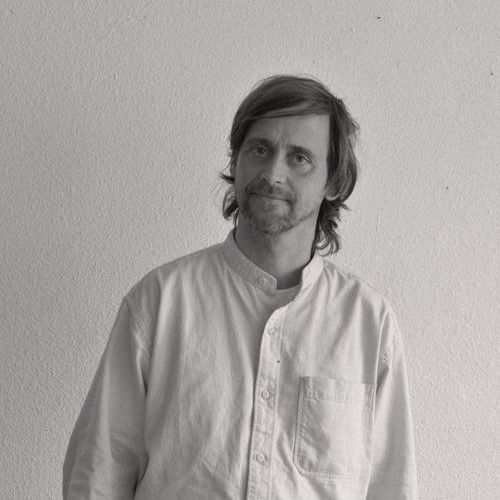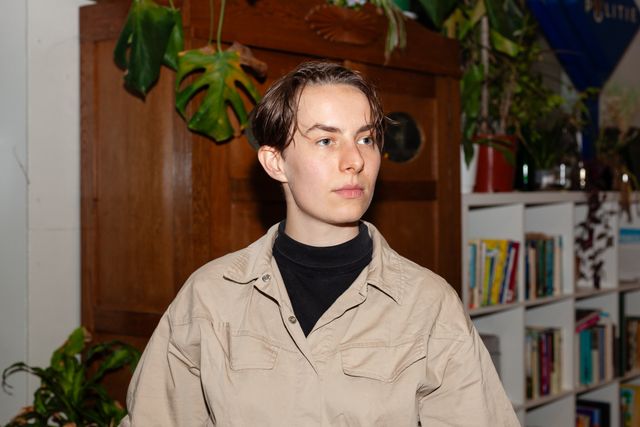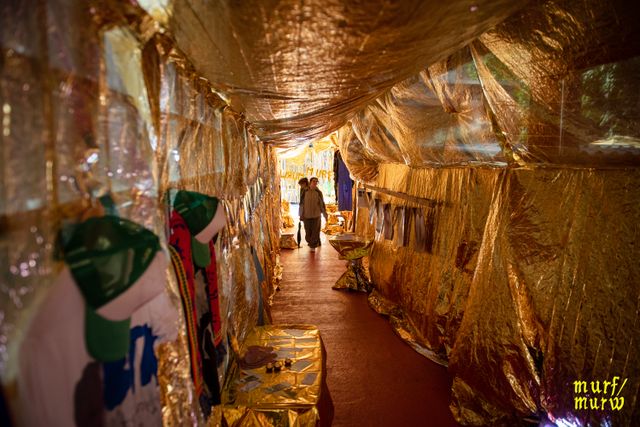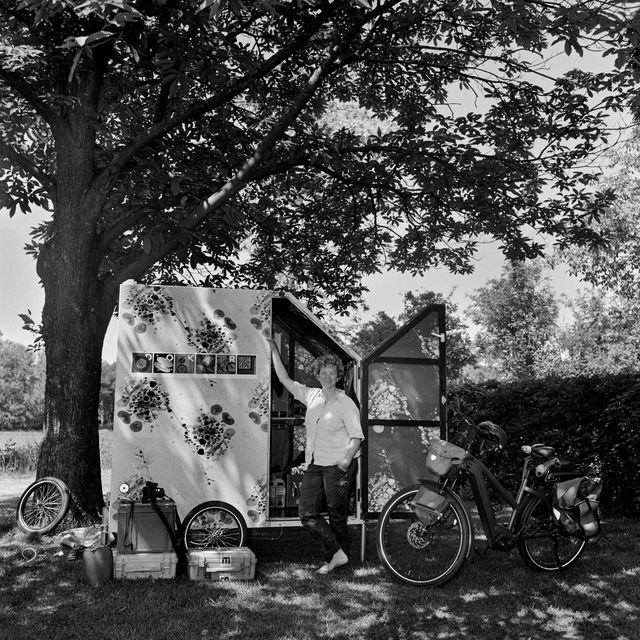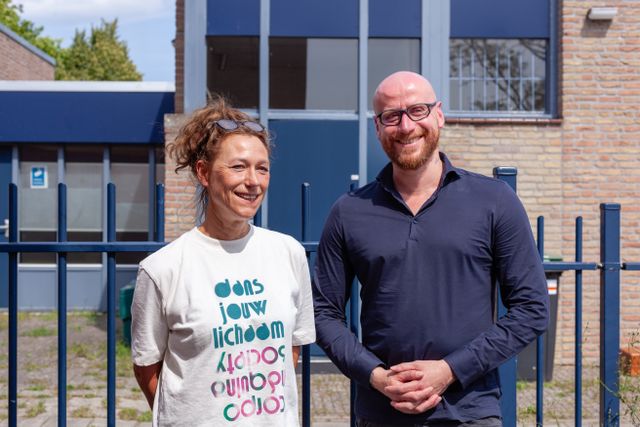Dear future: What does a digitally accessible future (for everyone) look like?
To read this article in Dutch, click here.
For Silicon Valley you don't have to get on a plane, you just have to land in Tilburg. Spoorzone Tilburg offers plenty of room for visionaries, the experts of the future. With them we cast a glance into the crystal ball and conjure up inspiring quotes, wild ideas, cutting edge innovations and downright utopian perspectives.
We have a wheelchair entrance, an elevator, maybe even a disabled toilet. Fine. Businesses are becoming more accessible to people - customers or employees - with disabilities. Physically, that is. Because in the digital domain there are still many opportunities. Cardan Technobility, based in Tilburg, helps with this. With research, consultancy, training and lectures. They do this for Atos, ABN-Amro, RDW, but also for various provinces, ministries and (smaller) municipalities. Awareness is particularly important, notes commercial director and partner Marijn van der Laan. "At first it seems like something big, something far away from you. But if you continue talking about it with people, it turns out that this subject affects everyone. Suddenly you see: hey, this is about my parents who literally do not have access to that website. And then it becomes a different story."
Marijn talks passionately about this topic. He studied business administration, worked at Red Bull and Swapfiets, and graduated from Cardan - a company that focuses in various ways on getting people with a distance to the labor market moving - and later bought in. Where does his adeptness come from? "I'm dyslexic," he explains, continuing with a broad smile, "Among my e-mails I already point out my talent for 'creative spelling'." Other than that, Marijn doesn't flaunt it. He has found a way to deal with dyslexia. And what's more, this also offers him a talent: he is able to see the bigger picture very quickly, because he is less bothered by all kinds of details. "That is how I think we should look at people, disability or not. Everyone has talent. And if you are aware of that as a company and are flexible in dealing with it, then everyone can participate in society just fine."
Prediction #1 THE HUMAN
"Companies are digitally accessible, both for customers and employees"
Just checking your bank balance, updating your CRM with new customer data. A message from the hospital, daycare or pharmacy? It all goes via app or email. Ordering something for the business via a webshop? No problem, right? "Now imagine that you are blind or partially sighted. Checking your bank balance via app or website is suddenly not that easy anymore. You have to ask someone else for help. Isn't that just plain crooked?" Marijn is clear about it. Digital self-reliance should be high on every company's priority list. Especially as the digital net in our society is closing in tighter and tighter, more and more people are getting left out. "Everything is digital, and that development is accelerating. Not everyone is able to take advantage of the benefits that it offers." If we are not careful, this will lead to a kind of survival of the fittest, where people who cannot keep up in the digital world will drop out. Marijn thinks this is not only inhumane, but also totally unnecessary. "Companies often see it as something big, a threshold when it comes to digital accessibility. But it doesn't have to be that way. With the right tooling, you can get to where you need to be step by step. So that in the future everyone is welcome at your company - employees and customers."
Prediction #2 THE SOCIETY
"There is no shortage of labor, because (finally) all potential is being utilized"
One and a half to two million people in the Netherlands are currently sitting at home. And we are talking about the working population here. People who are looking, but do not meet the standards. In a time of great labor shortages, that is a finding that makes your jaw drop. "Soon an intern will start with me. She makes incredibly cool content, has a portfolio that speaks for itself," says Marijn. Not so special, so far. Or is it? "Well, she is deaf. But that doesn't stop me from hiring her. On the contrary, she has talents that a hearing person might have less of, for example, because she has developed other senses much more strongly." Of course there are challenges, Marijn reports with a laugh. "If I want to call her for a consultation, of course that's not possible. But there are other ways to communicate with each other. We'll figure that out."
What he wants to say is: if we start from talents, instead of limitations, we get a richer, more pleasant society. And that's good for the business climate and the economy in a broad sense. Because if all that unused potential is given a chance, we will get everything out of our society that is possible. You can't even imagine what new plans, innovations and ideas will result from that. But that this is happening is obvious to Marijn. "You are only truly inclusive if you don't have to tell people, but just become so. It asks of you as an entrepreneur to be a little more flexible with the people around you. But if you see what you get back, see my intern, then that can't possibly be a problem, can it?"
Prediction #3 THE WORLD
"We need to better understand what we have to offer each other and how we can help each other."
Digital accessibility is not limited to our national borders alone, Marijn knows. If only because digitization makes the world smaller and smaller. Sometimes you need international organizations to get information or services. Think of an e-commerce platform like Amazon, international travel organizations or information from the EU or the website of a British university, because your son or daughter studies there. "At the moment we are working on expanding our range of services to Sweden," says Marijn. In that country it is fairly easy to pioneer: it is similar to the Netherlands and is generally fairly progressive. Cardan Technobility also works closely with Siteimprove, a Scandinavian company that does a lot of business in Europe and the United States.
What also makes borderless digital accessibility indispensable are crisis situations. A good example was the corona pandemic. From one day to the next, Dutch tourists had to leave certain winter sports areas. If you don't have access to that information, you get stuck. "I hope that in the Netherlands, but also in the world, there will be more understanding for each other. If you never talk to people who are deaf, blind or autistic, for example, then it is difficult to understand the other. My message is: just talk to each other. Only then will you know what you have in common and also: how you can help each other."
Prediction #4 TILBURG
"From here we set an example for other municipalities and companies."
Marijn feels like a true Tilburger. Although he saw the light of day in Oisterwijk, in Tilburg he went to the Odulphuslyceum, here he played field hockey and here he met his best friends. When everyone left for other cities - Marijn studied in Nijmegen - they founded a carnival society called De Kòljakkers. The club, known among other things for the hits "Mèn nie belle" and "Gouwe Wissel", is intended to keep the Tilburg friends together. And so far, they have succeeded admirably.
Marijn reluctantly admits that he currently lives in Amsterdam. His father is from there and part of his family still lives there. But that he will one day return to Tilburg, probably within five years, is clear as day to him. Why? "This is perhaps not the most beautiful city. And that is precisely where the strength lies. The people who live, work and do business here do everything to make it a great place. That's why so much happens here. As an entrepreneur, you couldn't wish for a better climate." In Tilburg, Cardan Technobility works together with TOG (Tilburgs Overleg Gehandicaptenorganisaties) and the municipality of Tilburg. "The mentality of 'putting your shoulders to the wheel' is also reflected in this. The municipality of Tilburg leads the way nationally when it comes to both physical and national accessibility. From here we can set an example for other municipalities and companies."
During accessibility week, Marijn is happy to set up an awareness campaign, in the city center. The goal? To turn Tilburg upside down and create more awareness for digital accessibility. First here, and from our city to the rest of the world. "Digital accessibility is less visible than an elevator or a wheelchair platform. That sometimes makes it a bit abstract. That's exactly why creating awareness is so important. So that eventually everyone in our city, our country and our world can manage in the digital world. Then we will be truly inclusive."
Spoorzone Tilburg
Spoorzone Tilburg is the new and pioneering talent and innovation district of the Netherlands. Adjacent to the railway station and well connected to the city, region and country, it offers the ideal base for your company or satellite establishment. In this raw industrial area full of culture, hospitality and history in the center of the city, people are working hard on the future. It is a knowledge-driven biodome built for and by creative entrepreneurs with interactive technologies and behavior as the basis. The presence of Tilburg University, ROC and Fontys Hogescholen provides knowledge, talent and vision. The area itself is compact and sustainably developed and offers a life long stay for entrepreneurs from startup to scale-up and beyond.
More Spoorzone Tilburg
